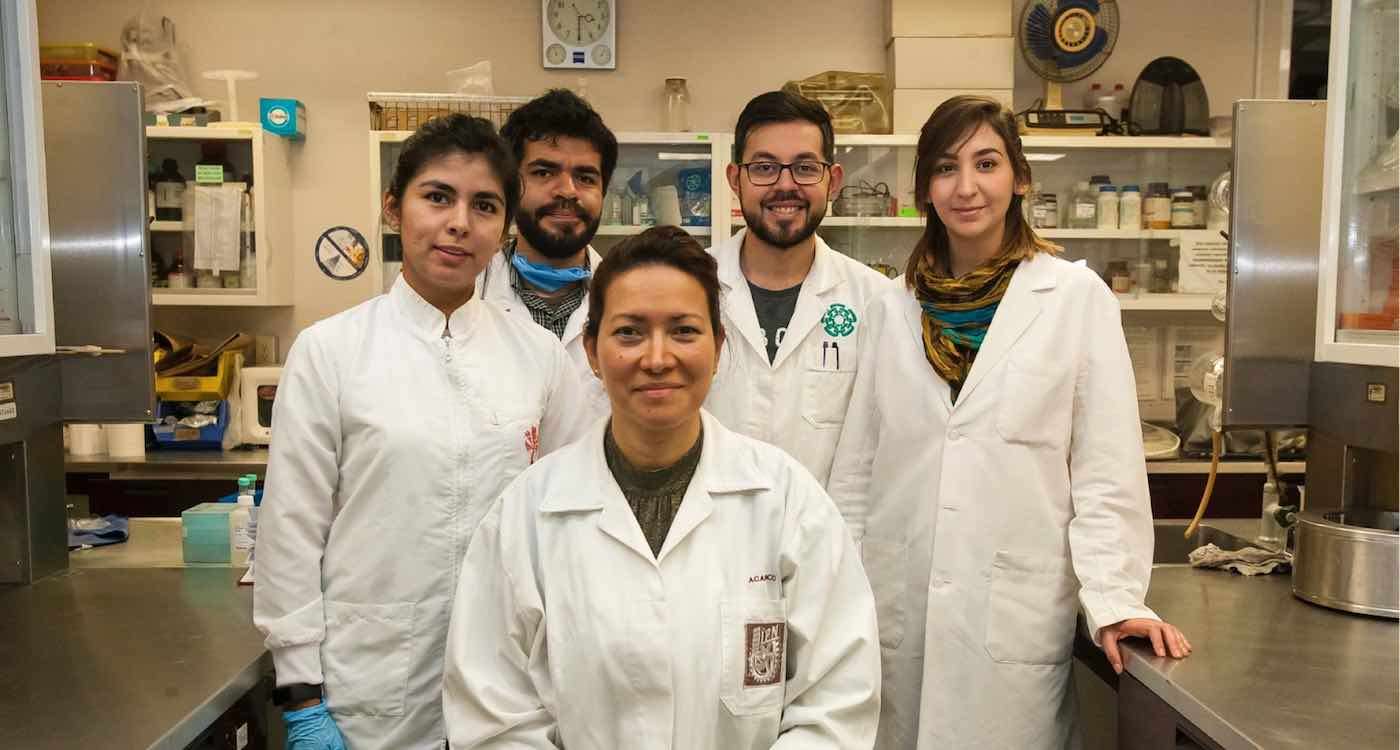How Acupuncture May Ease Symptoms of Menopause
Studies have been conducted on the effects of acupuncture on menopausal women, but this research offers new evidence on its "realistic" efficacy.

After 20 years of research, a team of scientists from Mexico has succeeded in curing 29 patients of HPV.
Human papillomavirus is a sexually-transmitted disease that is one of the main causes of cervical cancer in women. Though it is the most common STD, there has not been a cure for the infection – until now.
Scientists from the Mexico Polytechnic Institute (IPN) developed the treatment using a non-invasive procedure called photodynamic therapy. In addition to treating the virus, the researchers used the procedure to treat premalignant cancer tumors that form during the early stages of cervical cancer.
The treatment was delivered to female patients who had either been diagnosed with two HPV strains commonly associated with cancer, premalignant lesions, or both.
The lead researcher behind the treatment, Eva Ramón Gallegos, has spent over two decades researching various applications of photodynamic therapy in order to find the most effective combination of chemicals to treat HPV and cervical cancer. For this particular trial, she applied a drug called aminolevulinic delta acid to the cervixes of the patients.
After several hours, the drug makes its way into the nucleus of nearby cancer cells and shines with a bright florescent glow so that scientists can track its progress. Once the drug is activated, researchers can activate the drug with a special laser beam that causes the chemical to destroy the cancer cells.
More importantly, the treatment has virtually no side effects and it leaves healthy cells unharmed.
#InvestigaciónIPN Eliminan cien por ciento virus del papiloma humano. En el marco del Día Mundial Contra el Cáncer 2019, la científica Eva Ramón Gallegos, compartió los resultados del trabajo que ha realizado durante 20 años. https://t.co/XrrWvtZC44 pic.twitter.com/yHxQL8FOxo
— IPN (@IPN_MX) February 3, 2019
#InvestigaciónIPN Eliminan cien por ciento virus del papiloma humano. En el marco del Día Mundial Contra el Cáncer 2019, la científica Eva Ramón Gallegos, compartió los resultados del trabajo que ha realizado durante 20 años. https://t.co/XrrWvtZC44 pic.twitter.com/yHxQL8FOxo
During the first phase of Gallegos's trials, she tested the treatment on 420 women from Oaxaca and Veracruz. The therapy successfully cured 85% of women who only had HPV; 85% of women with HPV and lesions; and 45% of women with lesions, but no HPV.
During the second phase of the trial, they changed the frequency and dosage of the treatment on 29 women from Mexico City. The alternative application ended up curing 100% of the patients with HPV and no lesions; 64.3% of the women with HPV and lesions; and 57.2% of women with lesions but no HPV.
IPN published a press release on the research findings earlier this month in recognition of World Cancer Day, though Gallagos's earlier research has been published in the journal Photochemistry and Photobiology back in April 2017.
Although the researchers did not detail how they used the treatment to attack the HPV strains, Chinese and Italian researchers have shared similar success in using photodynamic therapy to treat HPV.
Cure Your Friends Of Negativity By Sharing The Good News To Social Media…
Be the first to comment